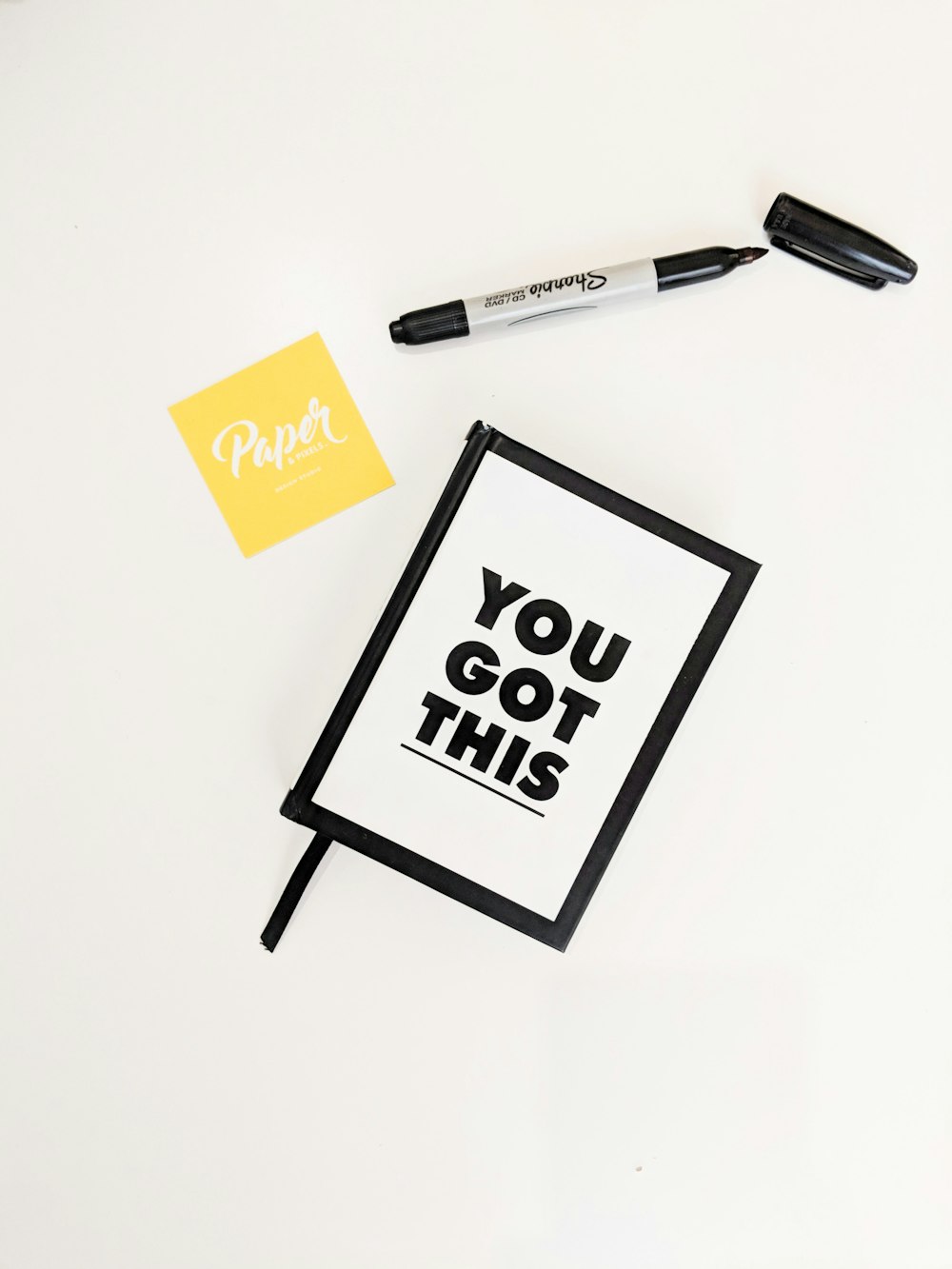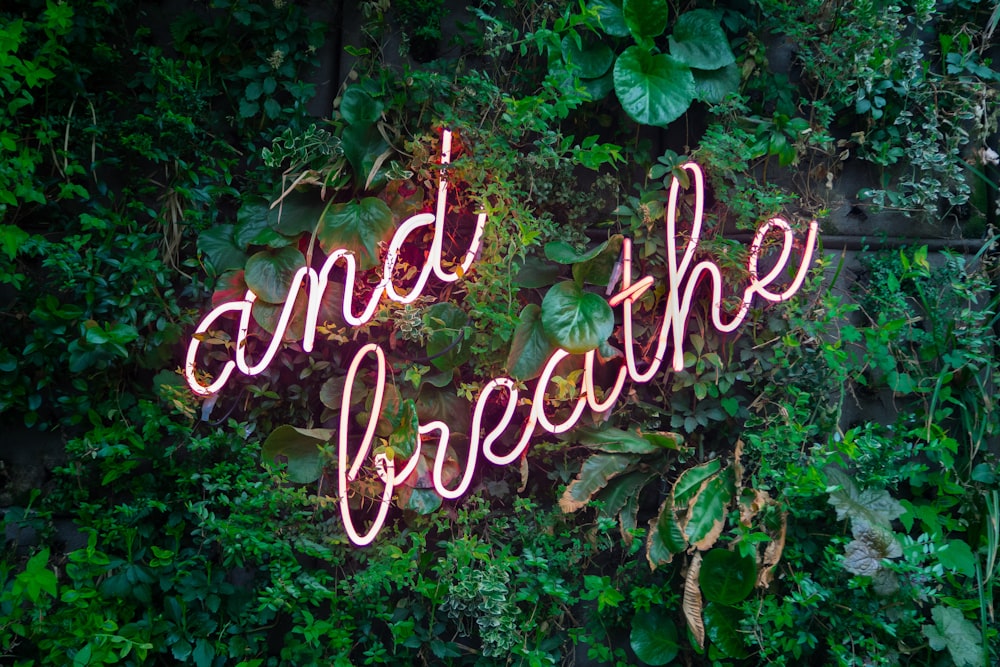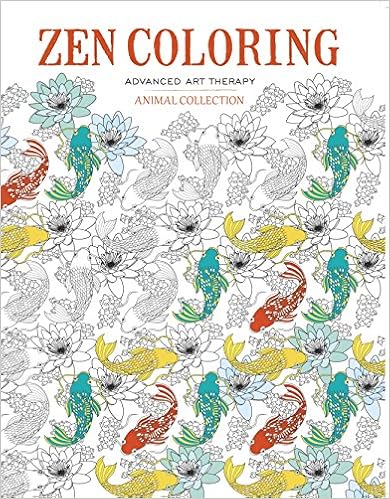A series of poems about mental health, anxiety, self-care, social media and what's important in life. Honest thoughts and feelings from someone who has dealt with depression, anxiety and OCD. Lucy tries to end each poem with a positive note, focusing on the hope and help that is out there. Because, no matter how dark things seem, there is light.
My debut poetry book, There is Light: Poems about Mental Health is available now!
A series of poems about mental health, anxiety, self-care, social media and what's important in life. Honest thoughts and feelings from someone who has dealt with depression, anxiety and OCD. Lucy tries to end each poem with a positive note, focusing on the hope and help that is out there. Because, no matter how dark things seem, there is light.
Things I'm doing for my mental health
This post contains affiliate links
Here are some strategies I am using or plan to use for my mental health:
- Regularly list positive things in general and positive things that have happened lately
- When anxiety comes- traffic light system! Red- stop, Amber- is this something I can do something about right now or is it hypothetical or something I can't do anything about? Green- problem solve or let it go (imagine a balloon flying away)
- Also for anxiety: say to self- this feeling is better explained by anxiety. What evidence is there that this will happen? Remind yourself that this is not where you want to go.
- Stop looking at and responding to messages at all hours
- Drink lots of water, eat healthy and go outside often
- Have rest and relax time- this can include watching videos and not stressing about not doing anything, playing a game and enjoying it, reading or just spending time with people and not thinking
- Spend less time online and more time doing the above things
- Stop worrying about goals
Guest Post: You Can Still Live a Full Life While Coping With Mental Health Issues by Nicole Dake
In the last couple of years, I have been lucky to find a good counseling center. I am able to see a therapist for talk therapy and Eye Movement Desensitization and Reprocessing (EMDR), and a Psychiatrist for medications.
“EMDR (Eye Movement Desensitization and Reprocessing) is a psychotherapy that enables people to heal from the symptoms and emotional distress that are the result of disturbing life experiences. Repeated studies show that by using EMDR therapy people can experience the benefits of psychotherapy that once took years to make a difference.” (emdr.com)
When I started therapy two years ago, I first started with talk therapy and learning coping skills, then I added EMDR about 6 months in. The combination of both of these approaches has made a huge difference.
I started my treatment this way because PTSD has been more difficult to cope with than either the anxiety or depression, because I used to have frequent panic attacks as a result of the PTSD. Also, coping skills for anxiety and PTSD are very similar.
For both, deep breathing, yoga, meditation and mindfulness have been very helpful as coping skills that I can use in daily life.
When it comes to depression, the most powerful tool that I have learned is using Behavioral Activation.
According to Medical News Today, “The idea behind behavioral activation is that by deliberately practicing certain behaviors, people can “activate” a positive emotional state. For example, engaging in fulfilling or healthy activities can make someone feel good, which then makes them more likely to keep participating in those activities.”
Basically, what it boils down to is that no matter how bad you feel on a given day, you get up and do the things that need to be done anyway. Even if you still feel depressed, at least you will have a sense of accomplishment too.
Another thing I have learned through therapy is to be gentle with myself, and prioritize self-care. One of the pivotal moments in therapy was when one of my therapists told me that, “Setting boundaries is Self-Care.” Protecting your mental space from people who are negative, or ask too much of you, is a way to care for yourself deeply. To protect my mental health, I had to learn that it is OK to say no to things that aren’t serving me.
A combination of therapy and mindset coaching has also taught me to combat my limiting beliefs. I have done this through a combination of using positive affirmations, and using EMDR to combat the sources of my limiting beliefs.
Many of my limiting beliefs stem from a childhood that was alternately abusive and neglectful, and the negative messages that I got from my parents.
One example of this is thinking that everything is my fault. This was especially true for me when something bad would happen. I spent so many years being told that if something bad happened, it meant I had done something wrong, that I believed this very deeply.
When something bad would happen to me, even something small like my child refusing to brush her teeth at night, I would get into a downward spiral of negative thinking. I would start to think I had failed as a mother, I had failed as a person, and that nothing I did was ever right. I felt like nothing I did mattered.
Learning how to combat these negative, limiting beliefs has been freeing.
Now, when I encounter a bad situation, I may still think, “I am a bad mother.” But I don’t go into the whole downward spiral. It stops there. That means, I can say to myself, “No, I am a good mother.” I can also list examples to myself of how I am a good mother. Then, I come out of the negative thinking spiral and feel much better in a matter of minutes or hours. I don’t spend days ruminating about what happened and beating myself up.
When you have a mental health condition, it helps to think positively as much as possible. I use daily affirmations each morning too. Many of these, I use to counteract my limiting beliefs.
If I think something badly about myself, I try to think of a positive message that is the opposite. For example, if I am thinking, “My life is terrible” then I would say an affirmation like, “I have a good life.” I write all of my affirmations on flashcards, and look at them throughout the day to help myself maintain a positive mindset.
I do still have down days, but I have learned to bounce back much faster. I am gentle with myself. I use my coping skills, and practice self-care. If I have a bad day, I do something that I enjoy or I take a nap and rest. That lets me reset mentally, and have a better day the next day.
If you are coping with a mental health disorder, or more than one like me, I would highly recommend going to therapy or coaching. Having a professional to help you learn coping skills is a huge way to learn how to live a happier life.
Nicole Dake is a blogger, author and mom of three, living in Broomfield, CO. Nicole graduated from University of Colorado, Boulder with a BA in Psychology in 2008. Nicole writes about health and wellness for moms and kids, with a focus on whole person wellness. In her spare time, she enjoys swimming, yoga and playing Magic the Gathering.
Blog: www.millenialmom.net
Amazon: https://www.amazon.com/~/e/B09N4ZN58K
Twitter: https://twitter.com/millenialmomnet
Facebook: https://www.facebook.com/Millenial-Mom-100776168885792
Youtube: https://www.youtube.com/channel/UC1qLGQIjVbU8w0zY8TbwycA
Guest Post: How do chronic illnesses co-exist: a look at ehlers-danlos syndrome and bipolar disorder by Kayla Knight
Chronic pain is a broad term. Everyone experiences pain differently. Some deal with pain from an injury, such as breaking your arm. Others are born with conditions, such as arthritis, that cause widespread pain without an easy fix. My experience with chronic pain is uncommon. I dealt with daily pain and thought it was normal. As it turns out, daily pain without some kind of injury, is abnormal. The reason I deal with chronic pain is due to a condition called ehlers-danlos syndrome hypermobility type that causes joint instability, widespread chronic pain, and subluxation (partial dislocation of joints).
Stop Measuring Your Life in Productivity
Mental Heath: Social Media & Free Time
Is reading really effective at improving your mental health?
Should We Ditch the To Do List?
This post contains affiliate links
ImageIt comes to the question, are to do lists harming you more than helping you?
I'm someone who loves making lists. Lists of tasks I need to, lists of things I feel like I should do, lists of things I want to buy etc. But recently I've been coming to the realisation that maybe rather than assisting me and making me achieve a bunch of tasks, making lists is actually harming my wellbeing.
Reviewing Things That Have Helped my Mental Health In the Past
Why You Should Start a Gratitude/Positivity Journal & How I Do Mine
The One Strategy You Need to Beat Anxiety
Ok so first I want to preface this post by saying that there are many strategies for fighting anxiety and what works for one person might not work for another. If you have anxiety, please see a medical professional. Treatments include, but are not limited to: medication, therapy and self-help strategies.
Mental Health Picture Books
This post contains affiliate links
Hi everyone! I wanted to share 3 amazing picture books with writing/quotes and illustrations that I have loved. Two of these are 5 star favourites that I have re-read twice each! These are all short but stunning reads that will make you ponder and leave you feeling emotional.
1. The Boy, The Mole, The Fox and The Horse by Charlie Mackesy
You've probably heard of this book, it's been around everywhere but in this book you follow a boy who meets a mole, a fox and a horse. This book is filled with beautiful quotes about life, mental health and kindness. Best of all this book is suitable for children and adults alike- everyone can get something out of it. I highly recommend everyone to read this book!
This book is all about depression. In this book, depression is represented as dragons. The representation is great and I feel like this book would be great for children to see that it's ok to feel sad all the time but it won't last forever. If you've ever suffered with depression or you know someone who does, I would recommend picking this up. If you have depression please be aware of trigger warnings.
3. Big Panda and Tiny Dragon by James NorburyThis is a new release that is very similar to The Boy, The Mole, The Fox and The Horse. It follows a big panda and a tiny dragon (as the name suggests) who go on a long journey through different seasons. The illustrations are remarkable and it is filled with lovely quotes about friendship, life and mental health. This book is a bit longer than the pre-mentioned book and I have grown to love it even more over time. I would highly recommend this if you liked Charlie Mackesy's book.
If you liked this post, you might like to check out my poetry page which includes poems about mental health.
Support me via Ko-Fi- here you can join my Ko-Fi exclusive book club, request content, join our Discord server and more!
Mental health book recommendations (fiction & non-fiction)
Hi everyone! I make book videos and vlogs on YouTube and I thought I'd share some of my videos on my blog. I recently created a video sharing mental health book recommendations, both fiction and non-fiction. Please let me know if you have any recommendations! You can check out the video here.
5 Daily Healthy Habits for Positive Mental Health

Must Try Diffuser Blends: Essential Oils for Calming and Soothing

Aromatherapy basically uses essential oils to create a scent in the area which can have beneficial effects such as calming, boosting your mood or soothing aches and pains. You can use candles, incense sticks or a diffuser. I have used all three methods in the past and I honestly love using my diffuser. I can alter the strength of the mist so that the scent is more or less powerful and it runs for hours without me having to do anything. I can also mix essential oils to create different scents which I cannot do with candles or incense sticks. The scent you create can also be stronger than incense.
How to Reduce Stress and Sleep Better
Kalms are aiming to raise awareness of the stress-sleep cycle in their #KeepKalms and Carry On Campaign. They kindly asked me if I wanted to share this information on my blog, this post is not sponsored.
What is the Stress-Sleep Cycle?
Stress can be a major contributing factor to lack of sleep. Stress is how our body reacts when we are faced with certain situations. Stress can be beneficial in small bursts but if it persists, it can be harmful to us. Stress can negatively impact our physical and mental health, as well as our sleeping patterns.
How to Fight Anxiety and Improve Your Well-Being During Lockdown

Things That I Have Been Trying For Self-Care
 Hi everyone! I hope that you are all doing well. This has been a period of worsening mental health for quite a few of us and I have been trying to find ways to practice self-care and manage my well being so that I feel better. Here are some things that I have been trying. If you have any other suggestions please let me know!
Hi everyone! I hope that you are all doing well. This has been a period of worsening mental health for quite a few of us and I have been trying to find ways to practice self-care and manage my well being so that I feel better. Here are some things that I have been trying. If you have any other suggestions please let me know!Colouring
I have found colouring to be a useful way of breaking myself out of negative thinking. I have a few colouring books and I just chose which page I felt like colouring in at that time. I've been compiling a list of colouring books here, some I own and love and others look interesting to me and I would like to try in the future.
Unexpected Ways to Keep Your Mental Health on Track
Help Others
One way to feel better about yourself is to start helping out other people. Not everyone is in the same fortunate position as yourself and it can make you feel better about yourself to put other people first and help them out when they need it most. Whether that means helping out your elderly neighbour or doing something for the family is up to you. There are a lot of ways to do it.



















